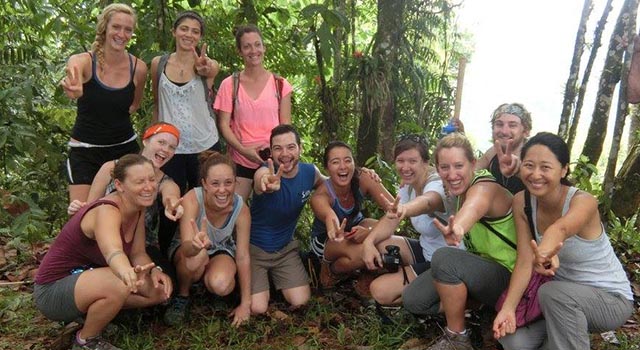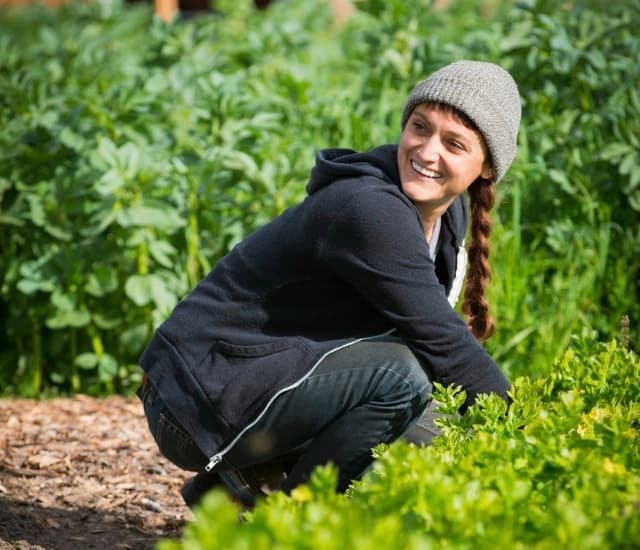Top employers: The US Agency for International Development (USAID), UN World Food Programme, and the US Environmental Protection Agency
The NRSD degree requires 37 credit hours that can be completed in two years (full-time) or up to six years (part-time). In the fall, you take courses at American University. In January, you join the United Nations-affiliated University for Peace outside San José, Costa Rica. There you'll be immersed in sustainable development theory and practice for two semesters, with the summer devoted to professional experience, additional coursework, employment, or travel. The final semester at AU includes three electives and a substantial research project (SRP) or practicum. The core of the NRSD experience is the chance to engage both in the classroom and beyond, at the center of US policymaking and in a developing country that is a model of sustainability. This is a decidedly different experience from what any US-only program can offer.

